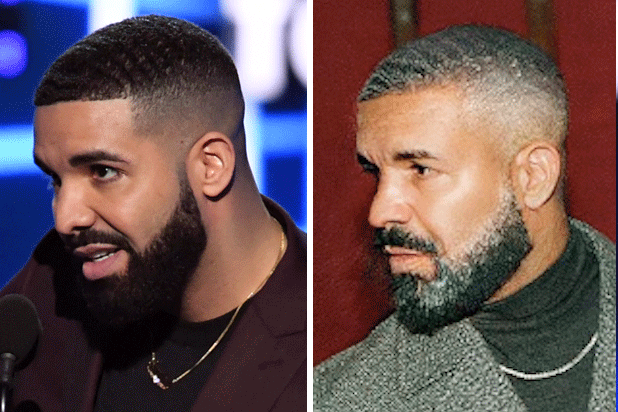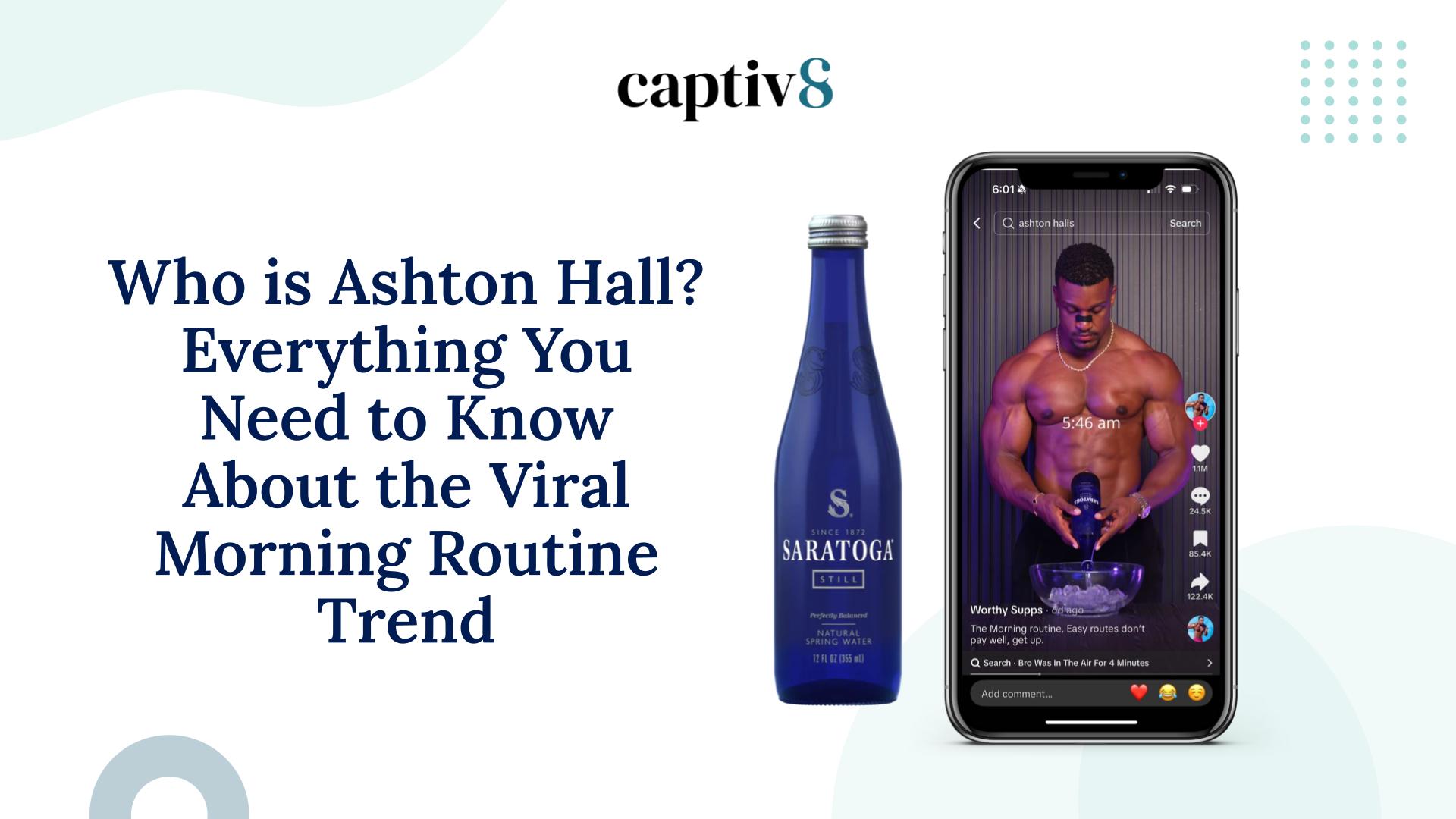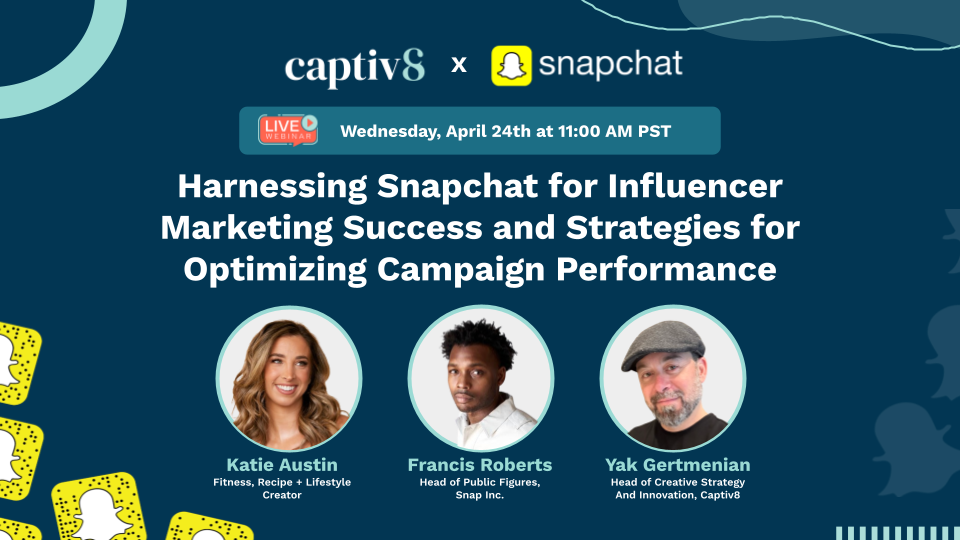FaceApp’s Viral Rise

It’s no crystal ball, but FaceApp has swept the globe with predicting your future, face that is. Although it went viral in 2017, it came back in the summer of 2019 with a bang. Celebrities, athletes, politicians, and brands participated in the #FaceAppChallenge to view their AI-aged selfies.
FaceApp took off at a time when AI-powered facial shifting has gained popularity. Snapchat has had such success with gender swap and baby filter, leading its stock price to soar. The psychological interest and general delight of viewing altered photos of family, friends, and usually perfectly coiffed celebrities allowed for the viral nature of the app. In fact, the hashtag #FaceAppChallenge has been used over 180k times on Instagram so far.
Brands like Lego and Nivea used the #FaceAppChallenge to promote their products and to be part of the overall trend. They were able to show cheeky and fun ways with real-time marketing and infusing themselves into pop culture.
However, in the age of data privacy issues, FaceApp’s popularity diminished after concerns over access to the users’ camera roll. New York Senator Chuck Schumer wanted the FBI and FTC to investigate how the app is used in regards to personal data. He wrote, “I have serious concerns regarding both the protection of the data that is being aggregated as well as whether users are aware of who may have access to it.”
The viral nature of the #FaceAppChallenge and the tens of millions of downloads the app received illustrates how social media sharing apps can gain popularity quickly; yet, have a short audience attention span once the broader public analyzes its faults. What once seemed like the app of the summer promptly found many users deleting it. Only time will tell if the app has staying power. The #FaceAppChallenge provided the social media community with the opportunity to produce creative and hilarious content that united the world — because the one thing we all face is getting old.



